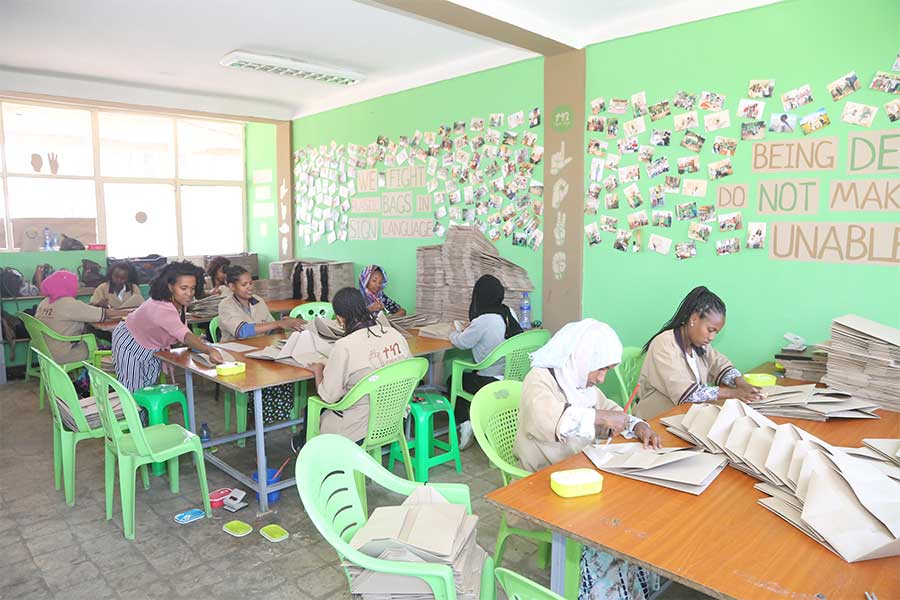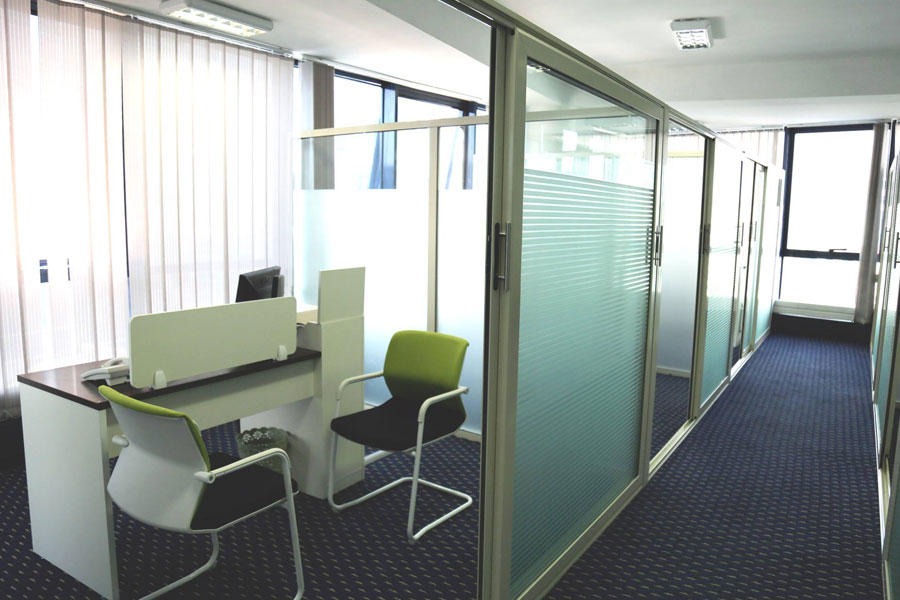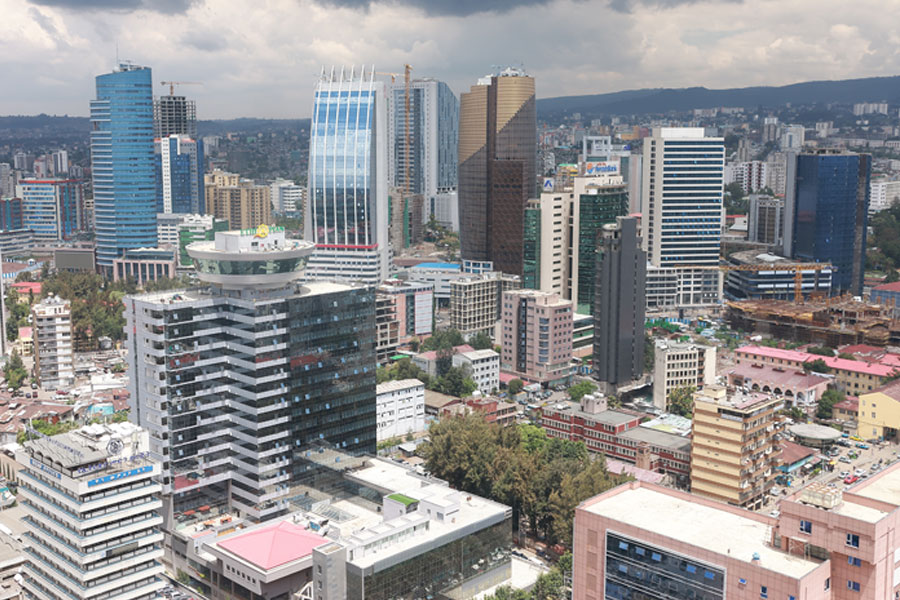
Featured | Nov 02,2019
The modestly-sized, discreet branch of Tomoca in Piassa kept its doors open to customers looking for a quick sip of coffee for almost seven decades. But following the Novel Coronavirus (COVID-19) pandemic and the measures being taken to contain its spread, one of Addis Abeba’s most famous roasters has had to temporarily suspend service.
Over the past week, its doors were left shuddered, its employees put on paid leave and its owners left without income.
It is not just Tomoca. Any business that relies on people gathering in a confined space is facing a downturn in business activity. Some of these businesses, such as bars and nightclubs in Addis Abeba, were ordered to close following the first confirmed case of the Coronavirus in Ethiopia.
Many others have chosen to close their doors temporarily because they do not want to risk exposing their employees to the virus. In other cases, businesses have decided to close, for they do not see any purpose in remaining open when people are barely venturing out of their homes and the streets are all but deserted.
For the time being, this has not translated into mass layoffs, but most employees are being forced to take their annual leave. Meanwhile, employers are pleading with the government to bail them out.
In response, the city council is working on a tax relief package for businesses hit hard by the partial economic lockdown. However, experts are not sold on the idea that this would be of any value, since businesses are not earning any profit for the government to tax anyways. They argue that soft loans will be more beneficial.
Without extensive and early support, businesses warn that they will not be able to weather the storm if it lasts for several more weeks or months and that employees will pay the steepest price.
"We simply couldn't keep our employees without work," said Bethlehem Tilahun, owner of the roaster Garden of Coffee. "We had invested a lot in our employees, but in the end, it is a matter of survival."
You can read the full story here
PUBLISHED ON
Apr 04,2020 [ VOL
21 , NO
1040]

Featured | Nov 02,2019

Fortune News | Dec 14,2019

Fortune News | Feb 13,2021

Agenda | Oct 07,2023

Fortune News | Sep 21,2019

Commentaries | Apr 24,2021

Life Matters | Dec 17,2022

Fortune News | Mar 30,2024

Fortune News | Jun 20,2020

Verbatim | Sep 30,2023

Dec 22 , 2024 . By TIZITA SHEWAFERAW
Charged with transforming colossal state-owned enterprises into modern and competitiv...

Aug 18 , 2024 . By AKSAH ITALO
Although predictable Yonas Zerihun's job in the ride-hailing service is not immune to...

Jul 28 , 2024 . By TIZITA SHEWAFERAW
Unhabitual, perhaps too many, Samuel Gebreyohannes, 38, used to occasionally enjoy a couple of beers at breakfast. However, he recently swit...

Jul 13 , 2024 . By AKSAH ITALO
Investors who rely on tractors, trucks, and field vehicles for commuting, transporting commodities, and f...

Jul 5 , 2025
Six years ago, Ethiopia was the darling of international liberal commentators. A year...

Jun 28 , 2025
Meseret Damtie, the assertive auditor general, has never been shy about naming names...

Jun 21 , 2025
A well-worn adage says, “Budget is not destiny, but it is direction.” Examining t...

Jun 14 , 2025
Yet again, the Horn of Africa is bracing for trouble. A region already frayed by wars...